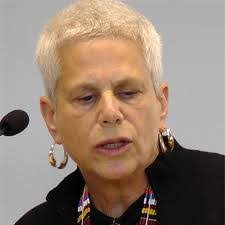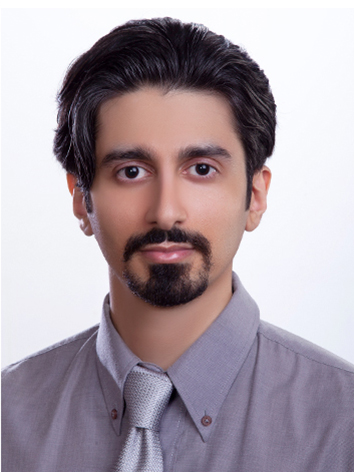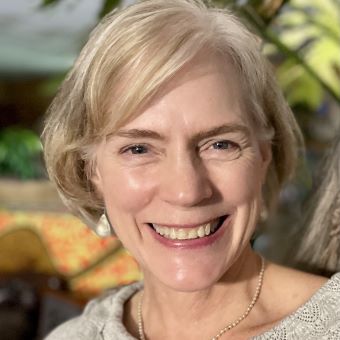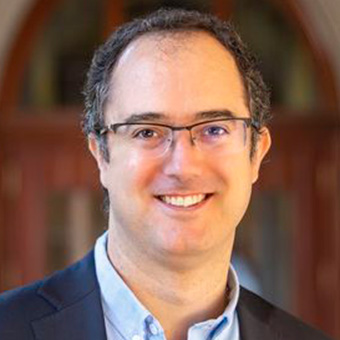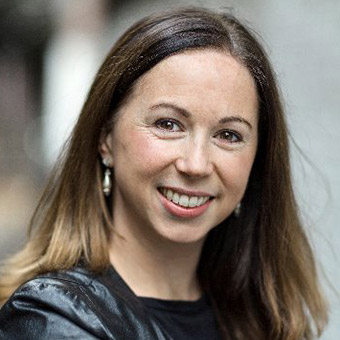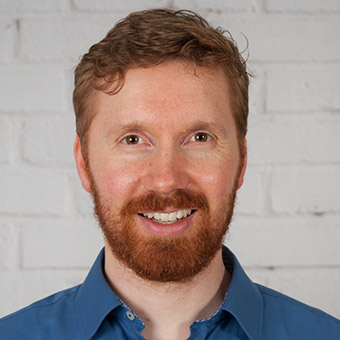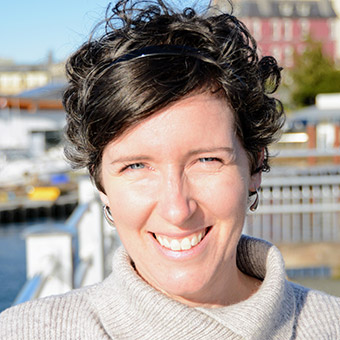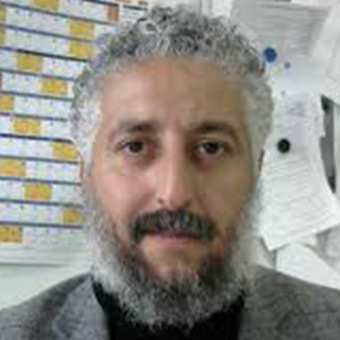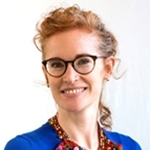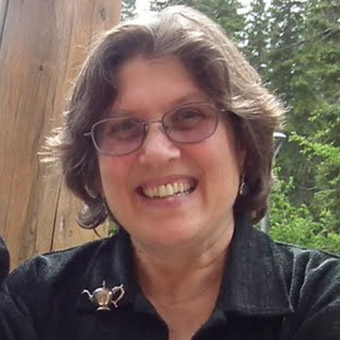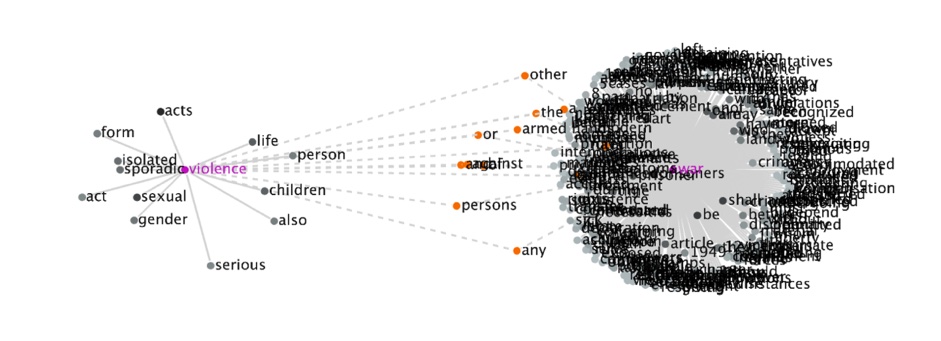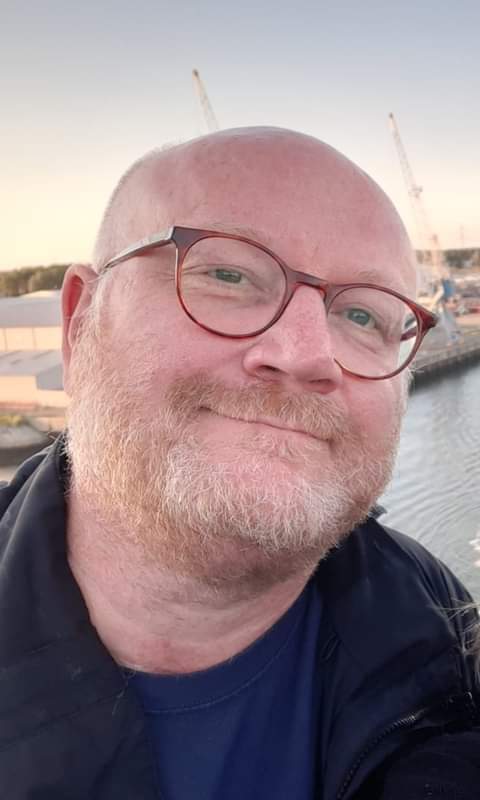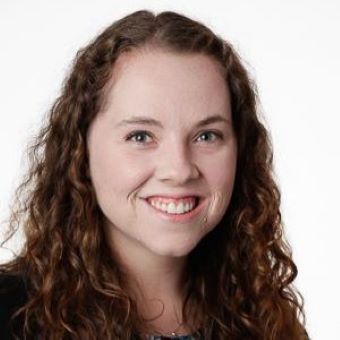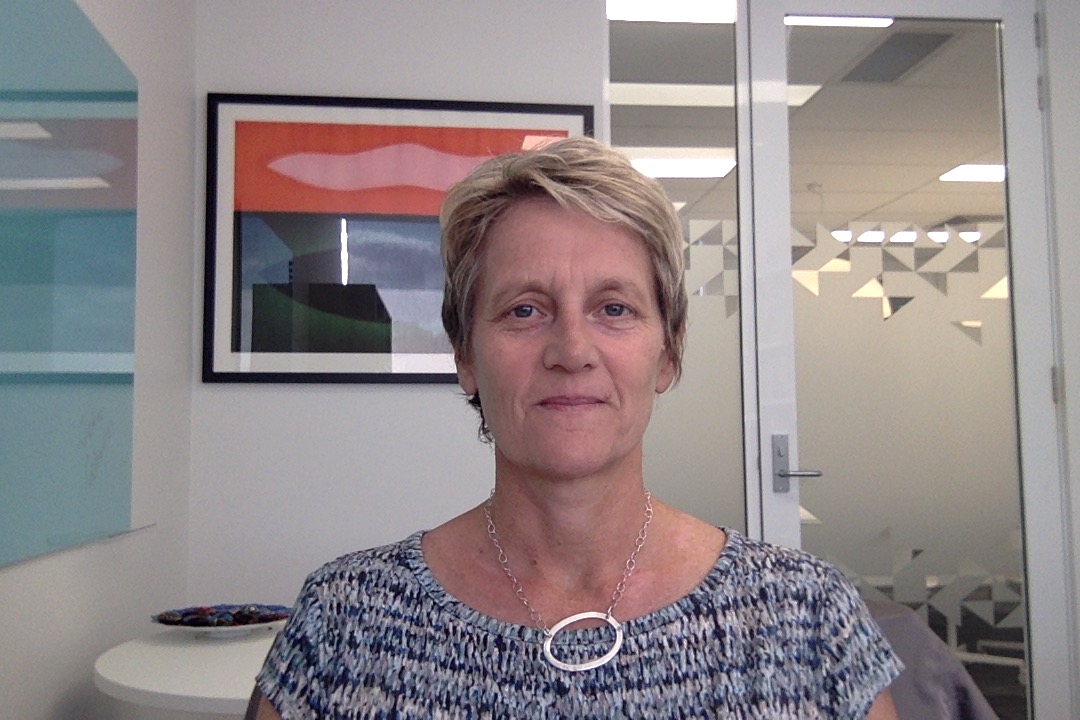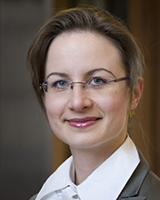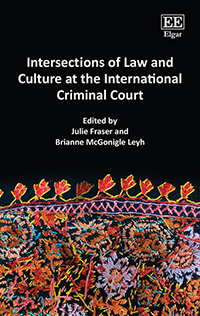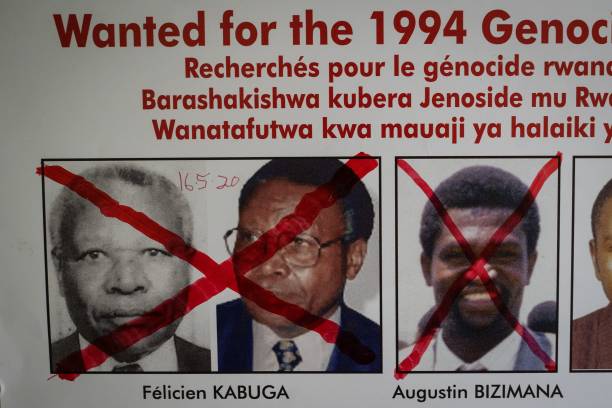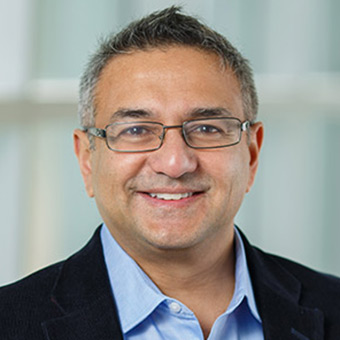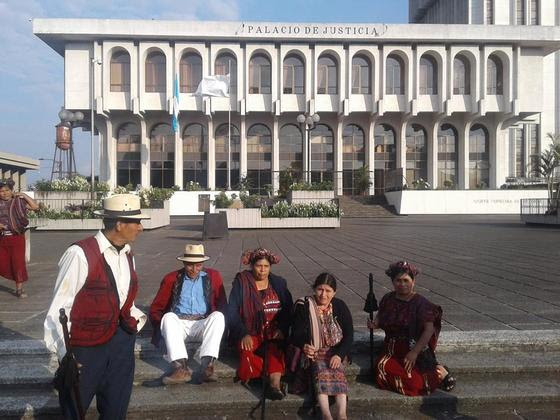Language and international law
-
April 2025: Resisting Russian Colonialism: The Ukrainian Avant-Garde of 1920s Odesa
This month’s Spotlight comes from Hub member Ian Ross Singleton, a teacher of Writing and Critical Inquiry at the State University of New York-Albany. Ian provides us a historical picture of dynamic Ukrainian writing in the post-Revolutionary period, explaining how Russian domination, both linguistic and cultural, was resisted and unique Ukrainian forms were pioneered. These…
-
March 2025: Race, Culture and Mental Illness in the International Criminal Court’s Ongwen Judgment: Biases and Blindspots
Our March 2025 Spotlight comes from Beth Lyons, a criminal defence attorney with 30+ years of experience. She has practiced almost exclusively in Legal Aid programs in New York City (trial and appellate levels) and in international courts and tribunals, including the International Criminal Tribunal for Rwanda and the International Criminal Court. Read more about…
-
February 2025: Language, Discourse, and Media Literacy: Building Resilience in the Age of Misinformation
This month’s Spotlight was contributed by Hub member Alireza Salhi-Nejad. He is a multidisciplinary researcher affiliated with the Faculty of Arts and Social Sciences at the University of Technology Sydney. Prior to this, he was involved in research, teaching, and executive roles at the University of Tehran for over nine years. Mass media is a…
-
Alireza Salehi-Nejad
Affiliation: University of Technology Sydney, Australia Email: [email protected] Read Alireza’s Spotlight on Language, Culture, and Justice: February 2025 Bio: I am a multidisciplinary researcher affiliated with the Faculty of Arts and Social Sciences at the University of Technology Sydney. Prior to this, I was involved in research, teaching, and executive roles at the University of…
-
Leigh Swigart
Leigh Swigart, Ph.D. Language, Culture and Justice Hub Coordinator Fellow in Research and Practice – EHCN and CHRA Bard College/Open Society University Network [email protected] Read Leigh’s Spotlights on Language, Culture and Justice: October 2019, November 2019, December 2019, November 2021, December 2022, February 2024, and September 2024. I have worked for many years in the field of international justice,…
-
Álvaro Paúl
Professor of Law Pontificia Universidad Católica de Chile Santiago, Chile [email protected] I obtained my PhD at Trinity College Dublin (2013), my master’s degree (Magister Juris) at the University of Oxford (2009), and my law degree (Licenciado) at the Universidad de los Andes (Chile, 2003). I am also the director of the law journal Revista Chilena…
-
Brianne McGonigle Leyh
Associate Professor of Human Rights and Social Justice Ultrecht University The Netherlands [email protected] Read Brianne’s November 2020 Spotlight on Language, Culture and Justice. I am an associate professor of law, specializing in human rights and global justice issues, with a focus on victims’ rights, transitional justice, social justice and the documentation of serious crimes. My PhD…
-
Alexander Heinze
Assistant Professor Institute for Criminal Law and Justice Department for Foreign and International Criminal Law Georg-August University Göttingen, German [email protected] I am an assistant professor at the University of Göttingen, Germany, and am doing a “Habilitation” project on the semantic interdependence of criminal law and its interpretation. I hold a doctor’s degree in international criminal…
-
Marie-Hélène Girard
Assistant Professor and Academic Coordinator Graduate Legal Translation Program Translation Studies Unit, School of Continuing Studies McGill University Montréal, Canada [email protected] Certified Translator (Canada) I am an assistant professor and academic coordinator for the Graduate Diploma in Legal Translation at the Translation Studies Unit of McGill University’s School of Continuing Studies in Montréal. Prior to…
-
Ahmed El Khamloussy
Translator, Course Director, Lecturer Court Interpreter International Criminal Court The Hague, Netherlands [email protected] My linguistic journey started in my native Morocco, where I obtained undergraduate degrees in English and American literature, and Arabic-English translation. For my Master of Arts in translation at the University of Ottawa, I wrote a thesis consisting of a commented translation…
-
Julie Fraser
Assistant Professor of Law Netherlands Institute of Human Rights Utrecht University The Netherlands [email protected] Read Julie’s May 2021 and November 2020 Spotlights on Language, Culture and Justice. I am an assistant professor of law based at the Netherlands Institute of Human Rights at Utrecht University. In 2018 I defended my PhD, titled “Every Organ of Society: Exploring the…
-
Ellen Elias-Bursać
Freelance Literary Translator and Independent Scholar Past President, American Literary Translators Association Cambridge, Massachusetts [email protected] I have been working as a literary and community translator since the mid-1970s, starting when I lived in Yugoslavia (Zagreb, Croatia) from 1974 to 1990. Just a year before the war broke out in Yugoslavia, my family and I moved…
-
December 2022: “What does English-language dominance mean for the field of international law and justice?”
This month’s Spotlight comes from Language, Culture and Justice Hub director Leigh Swigart. She brings us her reflections, along with those of other scholars, about the impacts of having a single language dominate a field that purports to both reflect and serve a global population characterized by enormous linguistic diversity. It cannot be denied that…
-
July 2022: “Introducing the Macquarie Laws of War Corpus (MQLWC)”
This month’s feature is contributed by Annabelle Lukin (Macquarie University) and Rodrigo Araújo e Castro (Universidade Minas Gerais/Macquarie University). They introduce a newly available corpus, based on the key texts of international war law, now available to be searched using corpus linguistics techniques. This corpus enables critical law scholars and linguists to collaborate on studies of c.170 years of international…
-
June 2022: “The Search for Extraterrestrial Intelligence (SETI) and Human Law – a new research field”
This month’s feature comes from Michael Bohlander, Chair in Global Law and SETI Policy at Durham Law School (UK). Prof. Bohlander previously served as an international judge at the Extraordinary Chambers in the Courts of Cambodia in Phnom Penh (2015-2019), which addressed crimes allegedly committed during the Khmer Rouge period, and is on the roster of…
-
May 2022: “Linguistic Refoulement: Exploring the Intersection Between Language and Asylum”
This month’s feature is a blogpost about the work of Language, Culture and Justice Hub member Katie Becker, who volunteers with Respond Crisis Translation. Becker recently graduated with a Master of Arts in Global Security and Borders from Queen’s University Belfast. Her master’s dissertation, (In)credible Fear: Linguistic Refoulement and Indigenous-Language Speakers at the U.S.-Mexico Border, was inspired by her work…
-
May 2021: “A Seat at the Table: Islamic Law’s Neglected Potential in Universalising International Humanitarian Law”
By Julie Fraser, Assistant Professor of Law, Utrecht University The large-scale Black Lives Matter protests in the middle of 2020 made it impossible to look away from structural biases and inequalities around the world. As an international lawyer, I reflected further on how the norms and institutions of international law also privilege and silence certain perspectives…
-
March 2021: “How International War Law Makes Violence Legal: A Case Study of the Rome Statute”
This month’s Spotlight was contributed by Annabelle Lukin, Associate Professor of Linguistics at Macquarie University. For many years, she has studied language ideologies around war and violence. She comments here on her recently published article analyzing the International Criminal Court’s Rome Statute. The standard narrative about the history of international war law is that it has…
-
February 2021: “Identity and Diversity on the International Bench: Who Is the Judge?”
This month’s Spotlight feature was contributed by Professor Freya Baetens (University of Oslo, Leiden University), editor of the newly published volume, Identity and Diversity on the International Bench: Who Is the Judge? (Oxford University Press). International courts and tribunals hold the power to decide on questions involving sovereignty over territory, grave human rights violations, international crimes, or millions of…
-
November 2020: “Book Unpacks Crucial Ways in Which Law and Culture Are Intertwined”
This month’s Spotlight is contributed by Language, Culture and Justice Hub members Julie Fraser and Brianne McGonigle Leyh of Utrecht University. We are pleased to present our new edited volume Intersections of Law and Culture at the International Criminal Court, published in October by Edward Elgar Press. This book takes as a premise that notions of culture affect the legal foundations,…
-
June 2020: “Back to the International Criminal Tribunal for Rwanda”
This commentary comes from Hub member Leigh Swigart. The world of international criminal justice was recently rocked by the arrest of longtime fugitive-from-justice Félicien Kabuga, charged by the International Criminal Tribunal for Rwanda (ICTR) with multiple counts of genocide and crimes against humanity allegedly committed during the 1994 Rwandan genocide. Kabuga was a prominent Rwandan…
-
March 2020: “Searching for Language to Describe Discrimination on the Basis of Work and Descent”
This commentary was contributed by Hub member Rajesh Sampath, associate professor of the philosophy of justice, rights and social change at the Heller School for Social Policy and Management at Brandeis. I am a part of an international group of NGO leaders, activists, scholars, artists and former heads of minority rights divisions of major multilateral institutions.…
-
November 2019: ‘A Look at Language and Culture Issues in Mass Violence Trials’
What kinds of misunderstandings emerge in the context of criminal trials dealing with war crimes, crimes against humanity and genocide? What are the impacts of different linguistic and cultural practices on both the proceedings and the ways in which these proceedings are understood? While various scholars and observers have mapped parts of this vast terrain…

